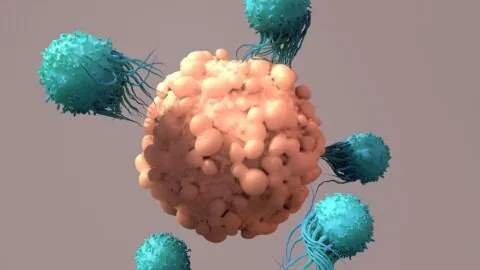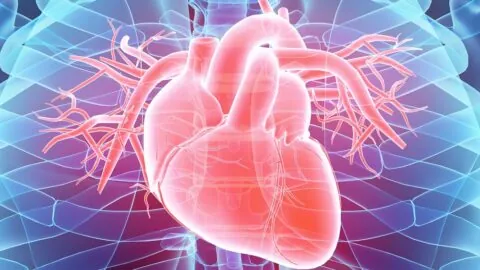January 31, 2024
In a recent study published in Aging Cell, researchers found similarities between glioblastoma and Alzheimer’s disease patients in their gene expression and protein profiles [1]. Brain tumors and neurocognitive dysfunction The majority of patients with brain tumors develop irreversible, progressive neurocognitive dysfunction, sometimes long after their treatment [2-4]. It reduces their quality of life and,...
January 30, 2024
A new study suggests that the flavonoid epicatechin, found in chocolate, tea, and berries, provides robust protection against reperfusion injury in myocardial infarction [1]. Reperfusion injury: friendly fire Myocardial infarction (heart attack) is the injury caused by complete or partial cessation of blood flow to a portion of the myocardium, the heart’s muscle tissue. This,...
January 29, 2024
Steve Horvath, Vera Gorbunova, Alejandro Ocampo, and their team have used partial reprogramming to repair DNA damage in a mouse model. They published their findings in Frontiers in Aging. Building a path to rejuvenation Yamanaka Factors - Opportunities for RejuvenationDrs. Takahashi and Yamanaka showed that they could use Oct4, Sox2, Klf4, and c-Myc (OSKM) to reprogram...
January 26, 2024
Scientists have created CAR T cells that target senescent cells. This approach alleviated metabolic dysfunction in mice [1]. Immunotherapy is not just for cancer Why We Age: Cellular SenescenceAs your body ages, more of your cells become senescent. Senescent cells do not divide or support the tissues of which they are part; instead, they emit...
January 25, 2024
In a new paper in Cell Reports, researchers have named a little-known lipid as a core reason why inflammation decreases with fasting and may also shed light on how non-steroidal anti-inflammatory drugs (NSAIDs) work. Why high-calorie diets increase inflammation Previous research has identified the core reason why a high-calorie diet leads to inflammation. Excessive amounts...
January 24, 2024
In a recent paper published in Nutrients, the authors investigated longitudinal data regarding dietary and lifestyle factors that impact cardiovascular risk in males and females [1]. Cardiovascular disease risk factors Aging, particularly vascular aging, is a major risk factor for cardiovascular diseases (CVD) [2]. Previous research has identified several factors that contribute to early vascular...








